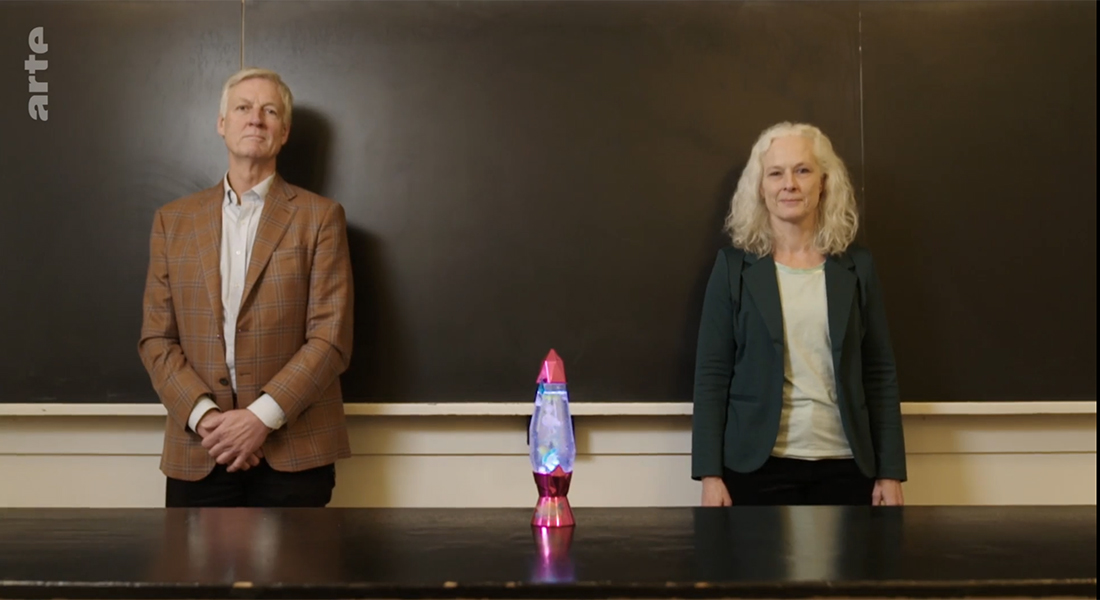Still debate about Ditlevsen's AMOC research
One year after Susanne and Peter Ditlevsen demonstrated that the Amoc ocean current could stop this century, the results are still hotly debated among climate scientists and in the press, with new studies pointing in the same direction and other studies that are critical. Various international media are still addressing the issue.

The distribution of the article, Warning of a forthcoming collapse of the Atlantic meridional overturning circulation, is international and massive. The article has been accessed 471,000 times. If you click on Metrics on the Ditlevsen article (which measures the impact of research articles) it says
"This article is in the 99th percentile (ranked 3rd) of the 370,451 tracked articles of a similar age in all journals and the 99th percentile (ranked 1st) of the 2,060 tracked articles of a similar age in Nature Communications".
This is the highest-ranking article from Nature Communications, number three of all articles in ALL journals, from all over the world.
Big Story in Wired
On July 25, 2024, Wired Magazine had a thorough Big Story: How Soon Might the Atlantic Ocean Break? Two Sibling Scientists Found an Answer - and Shook the World. The article gives a portrait of the siblings and their collaboration.
It describes how Susanne’s mathematical research had found a better way to understand systems with a lot of randomness that don't follow straight lines and where the underlying rules are not well understood. This method could be applied to her brother's research.
"The siblings spent two years refining their approach, doing more tests. Across a thousand runs, the model cranked through the temperature data and settled on a year. Sometimes the model spat out later dates. Sometimes earlier. The two scientists made a plot of the numbers, and a neat cluster emerged. Yes - 2057. But that’s just the middle point: In 95 percent of the model’s simulations, the AMOC tipped sometime between 2025 and 2095," writes Wired.
Understanding ocean currents
Susanne and Peter Ditlevsen have also had the opportunity to talk about their research to the European (French-German) TV channel Arte. On 27 July 2024, it broadcasted a documentary, Stehen bald die Meere still? featuring several researchers.
The lava lamp in the photo from the broadcast plays a role, along with a lot of yellow plastic ducks. Graphics and collages illustrate ocean currents and climate so everyone can join in - if you speak German. Or French.
